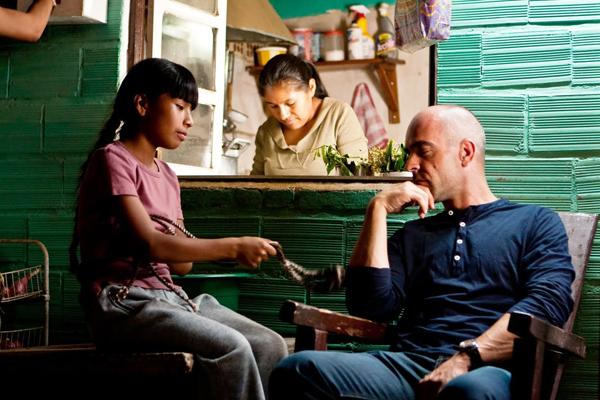Director Iciar Bollain’s latest film, “Even the Rain,” is a forceful, Kafkaesque study on the duality of everything. Blurring the line between virtue and vice, past and present, reality and fantasy, Bollain challenges the viewer to reassess our preconceived notions about fundamental beliefs and instead replace them with half truths and subjective accounts.
“Even the Rain” follows a Spanish production crew as they direct a historical-biopic on Christopher Columbus and his new world settlements. Director Sebastian (played by Bael Garcia Bernal of “Amores Perros” fame) compromises his moral scruples in order to complete the film on budget, enlisting the help of several hundred underpaid indigenous people to stand in as extras. This cinematic technique of shooting a film within a film allows the viewer to put a greater distance between themselves and the plight of the natives.
Simultaneously, the film follows a radical ideologue named Daniel (played by Juan Aduviri). Daniel works as an extra in the film and is also a prominent figurehead in the local community who organizes protests against the privatization of Bolivia’s municipal water system. Throughout the film, parallelism is extensively used to mirror the struggles between the indigenous tribes and Christopher Columbus, and the struggle between the indigenous people and the Bolivian government.
The show is stolen by three characters: Sebastian’s antagonist, the hard-lined producer Costa (played by Luis Tossar); the Spanish actor who plays Columbus (a notorious drunkard and skeptic played by Karra Elejalde); and the man who plays Bartolome de las Casas, a famous Dominican friar who fights against the Spanish internment of Indians. Their nuanced, understated performances and complex character development keeps the film interesting at times when the plot moves slowly.
A theme that is explored throughout the film is morality––how our personal philosophies hold up in practice. By the end of the film each character undergoes a complete role reversal, representing the character foil of their former selves. The actor playing Columbus goes from sitting in a mansion, sipping champagne and quoting Marie Antoinette to disobeying Bolivian admirals and bringing water to war prisoners. Oppositely, Sebastian realizes that he is incapable of compromising his artistic vision, and comes to accept that he lives a life where you can’t help but exploit others. Moral decay and redemption makes for pleasurable viewing.
The still shots of desolate urban sprawl and lush Andean vegetation give the movie an art-house quality; slow pans are used extensively when they film the aftermath of a citywide riot. When Costa makes an excruciatingly slow trek past burnt-out cars and derelict buildings in abandoned Cachambo, the viewer can feel how desolate it is. While it isn’t by any means an impressive film from a cinematography standpoint, the shots are interesting enough to keep the viewer entertained if the plot is moving slowly or if you just can’t keep up with the frantic dialogue.
Instead of wasting time on complex setups and predictable plot twists, “Even the Rain” gives two short glimpses into important historical events and then asks the viewer a question: How have we changed? How can you quantify what is right and wrong if human behaviour seems to stay the same? By confusing the roles of oppressor and oppressed, of elite and poor, of moral opportunist and immoral Christ figure, Bollain crafts a film that feels understated while watching, but is brilliantly complex when evaluating in retrospect.





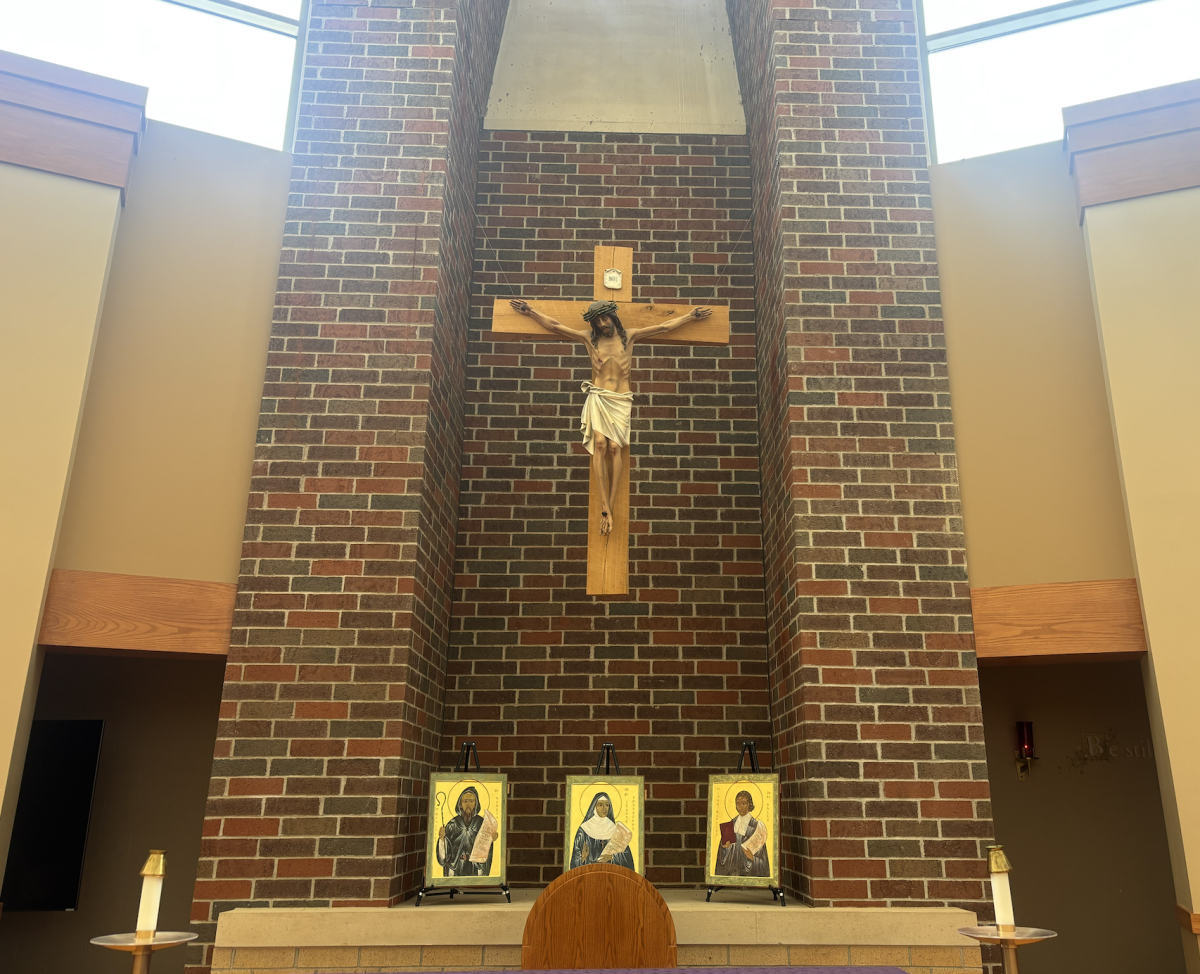

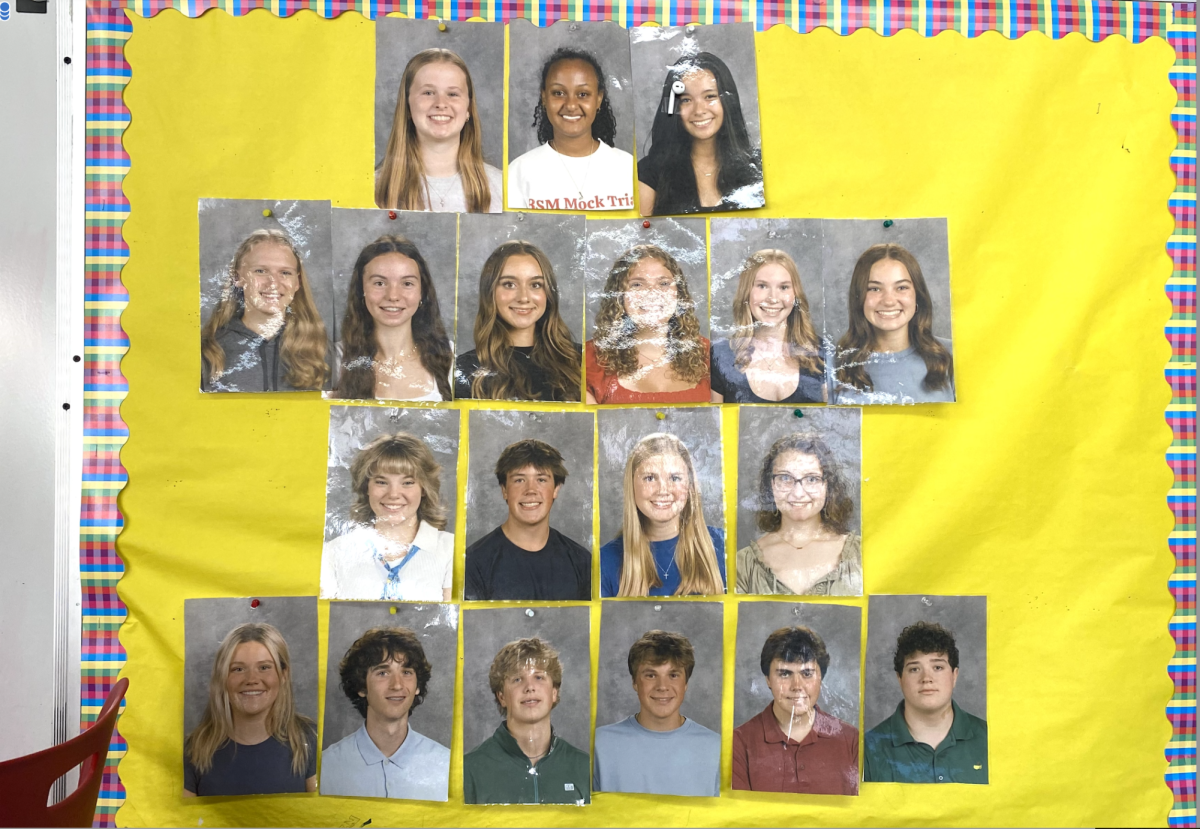
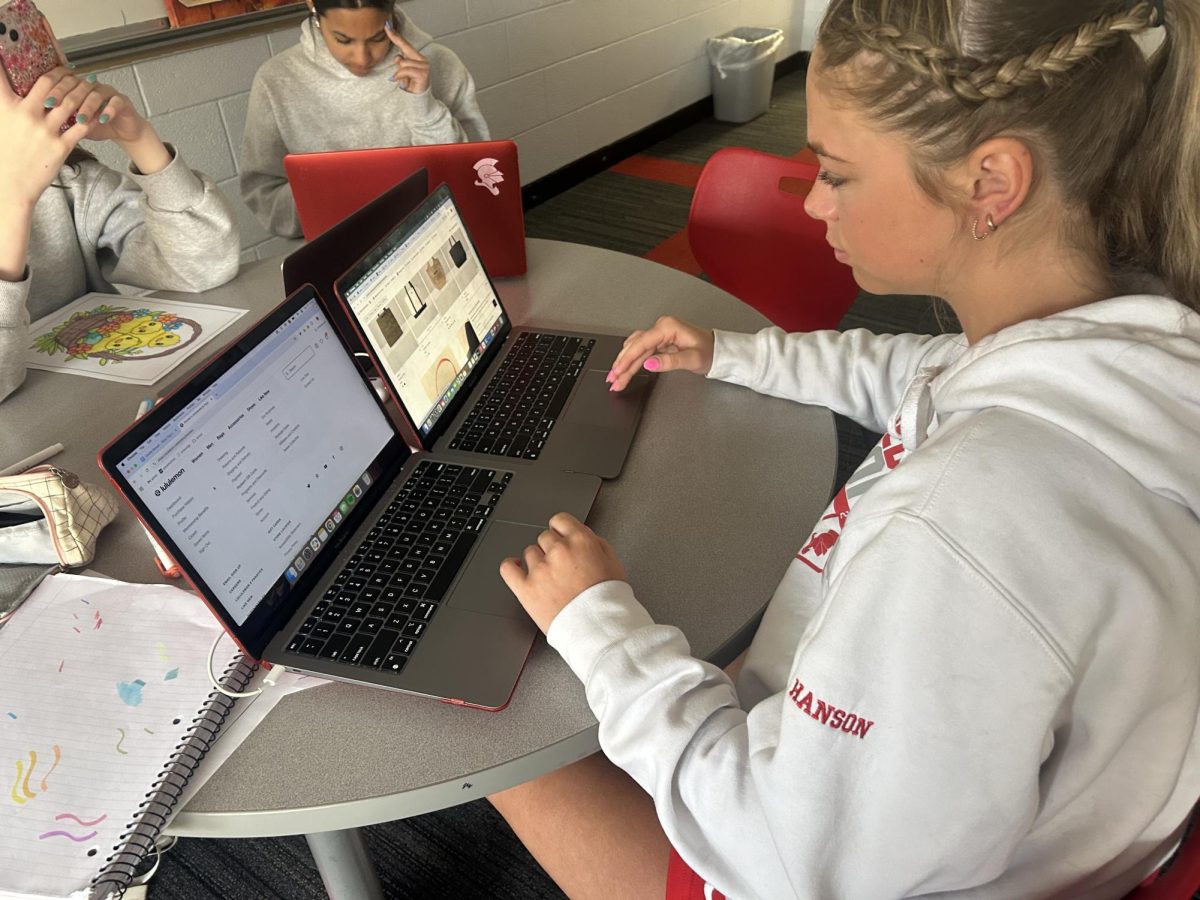

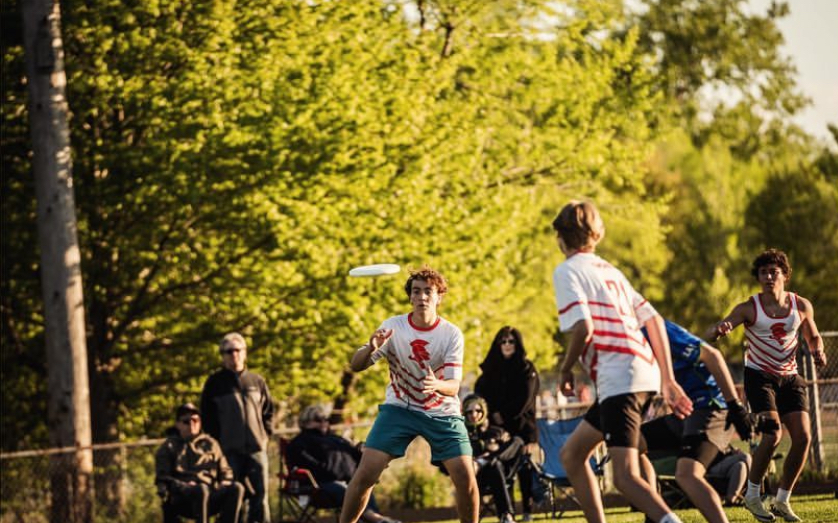













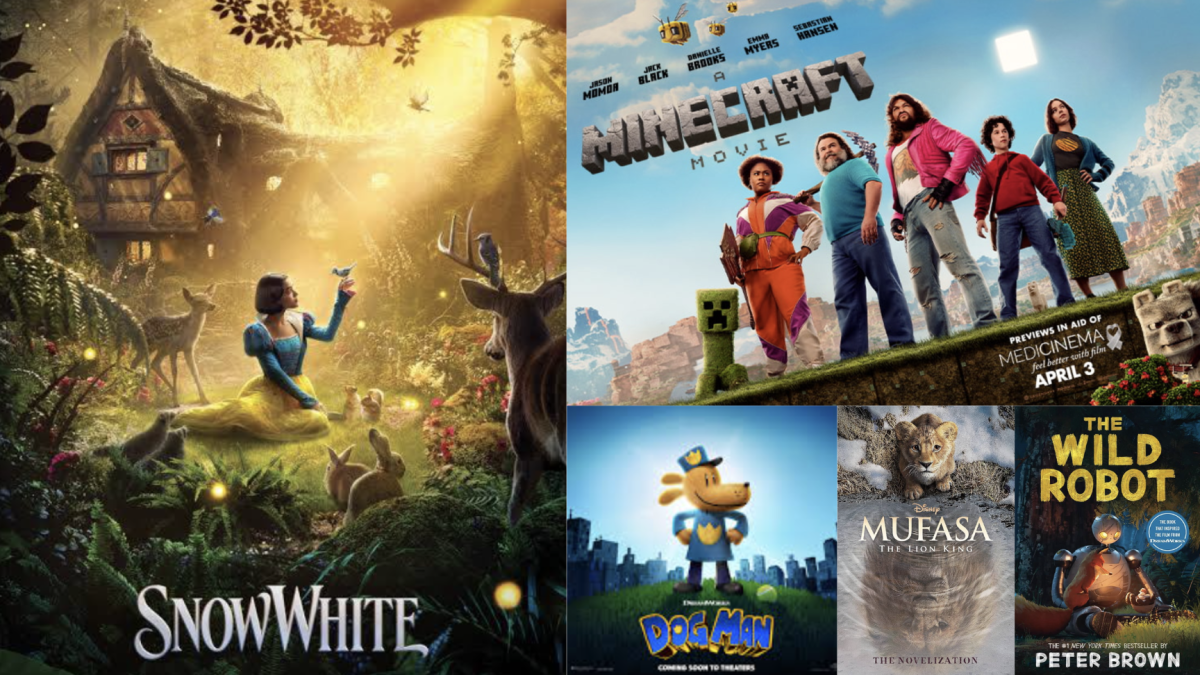


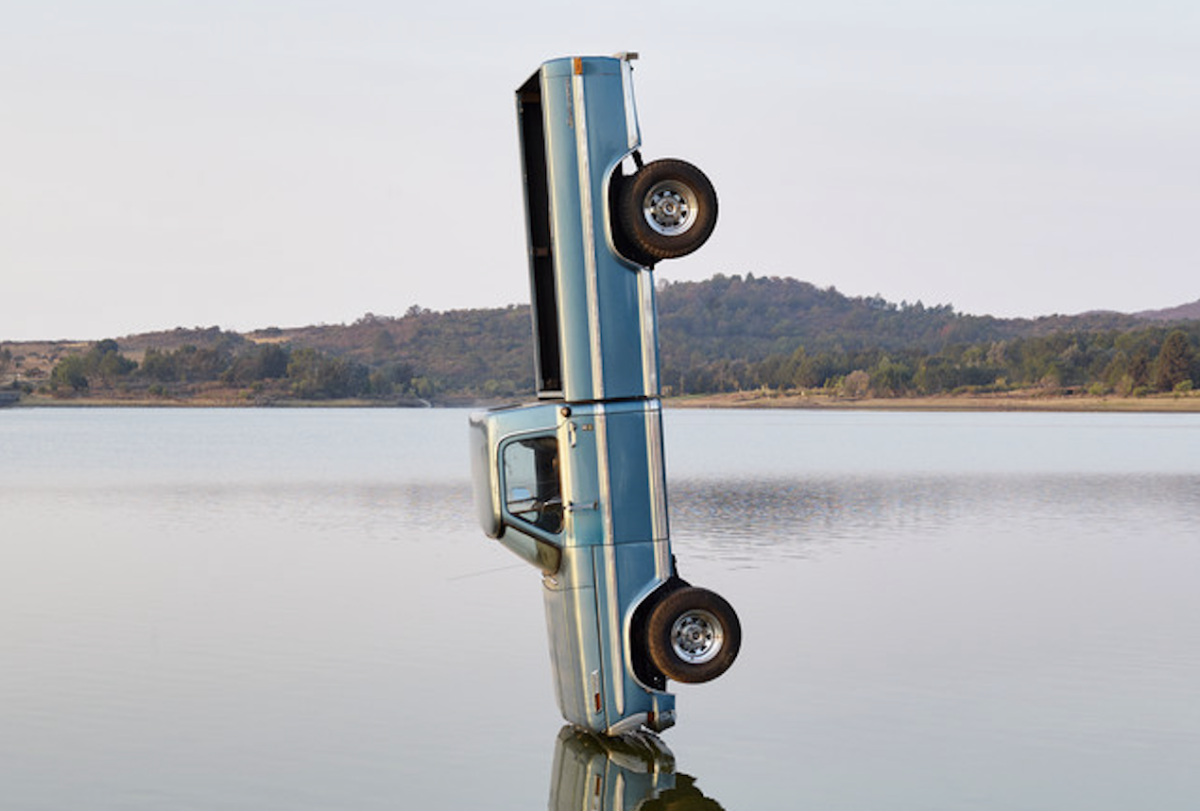


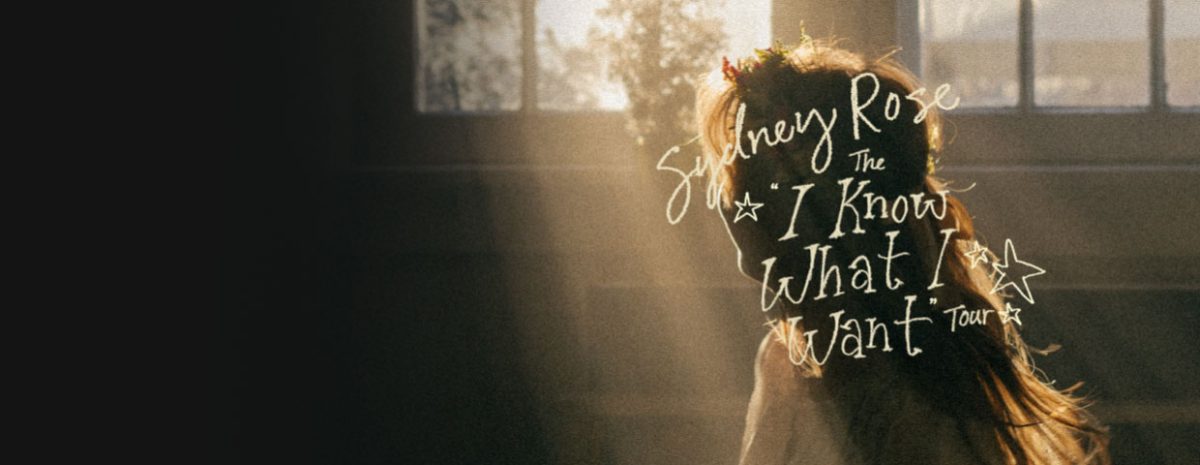





![Teacher Lore: Mr. Hillman [Podcast]](https://bsmknighterrant.org/wp-content/uploads/2025/03/teacherlorelogo-1200x685.png)




